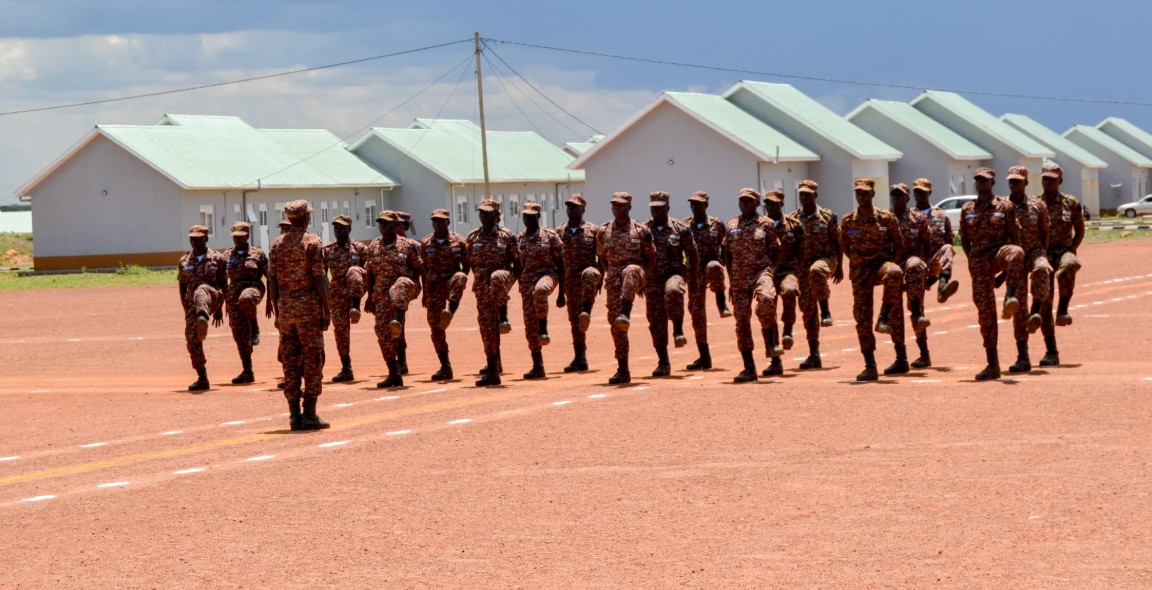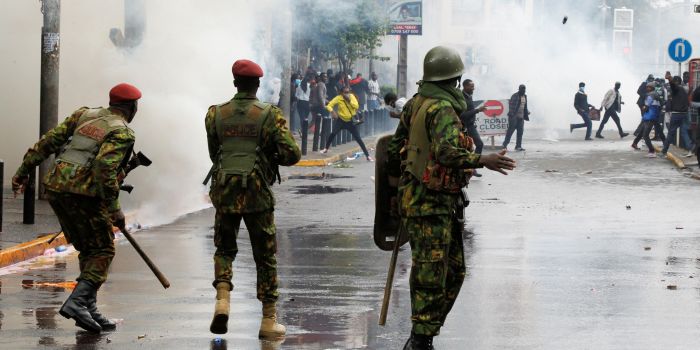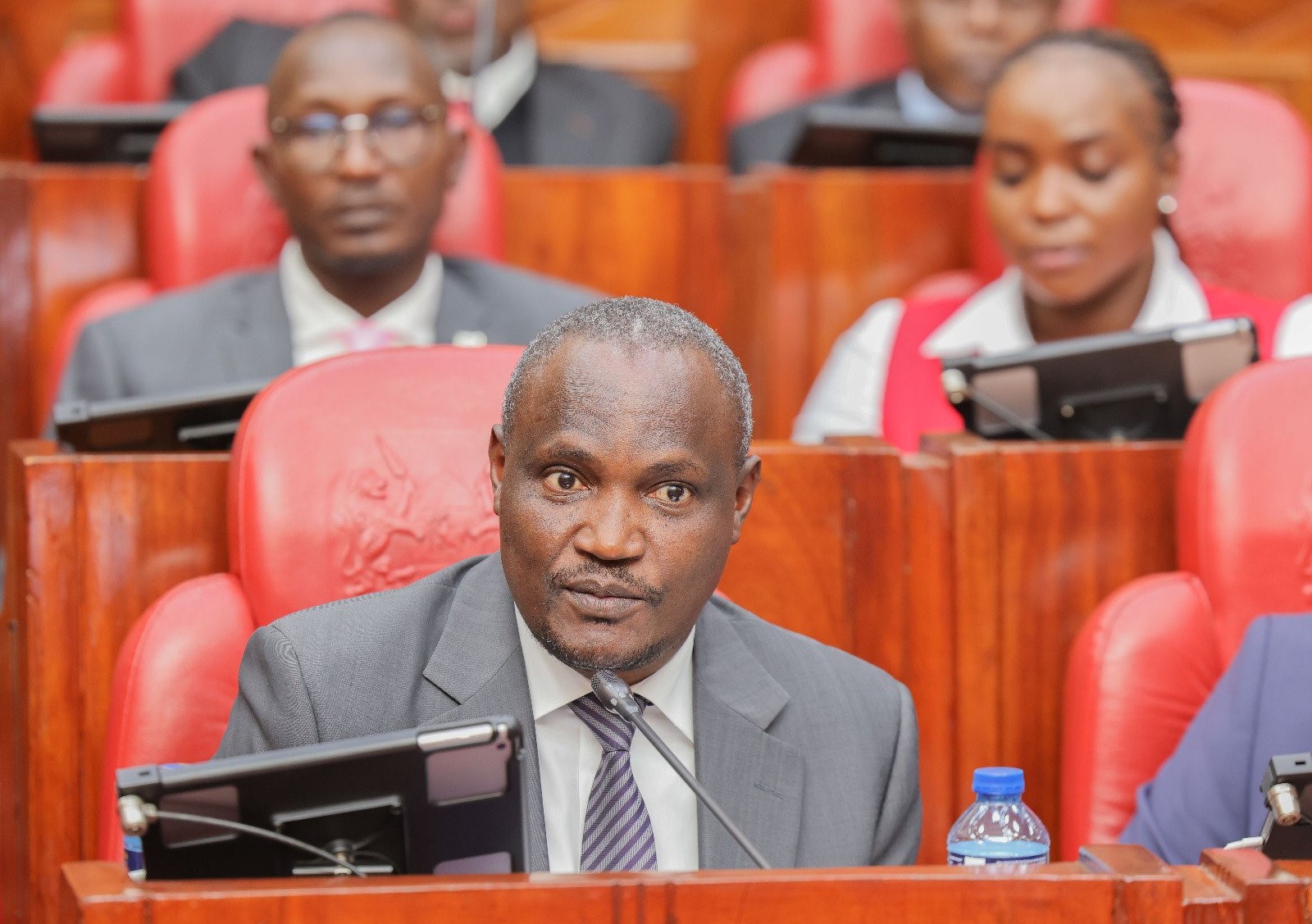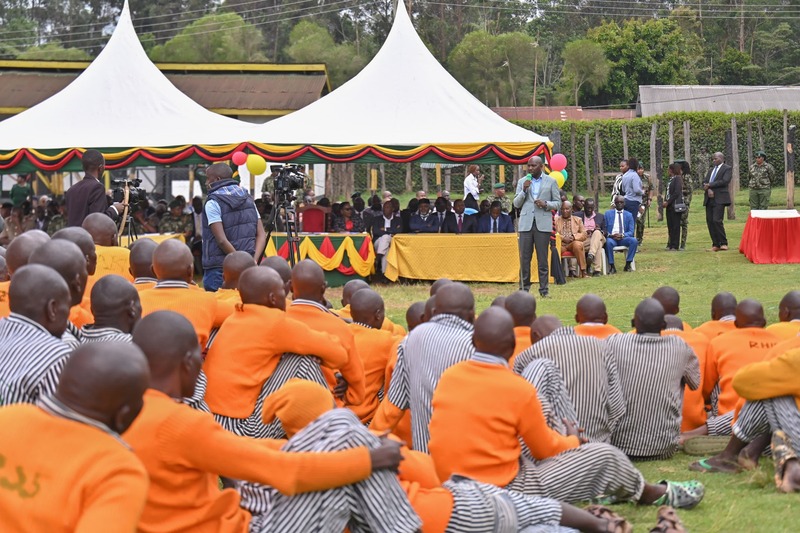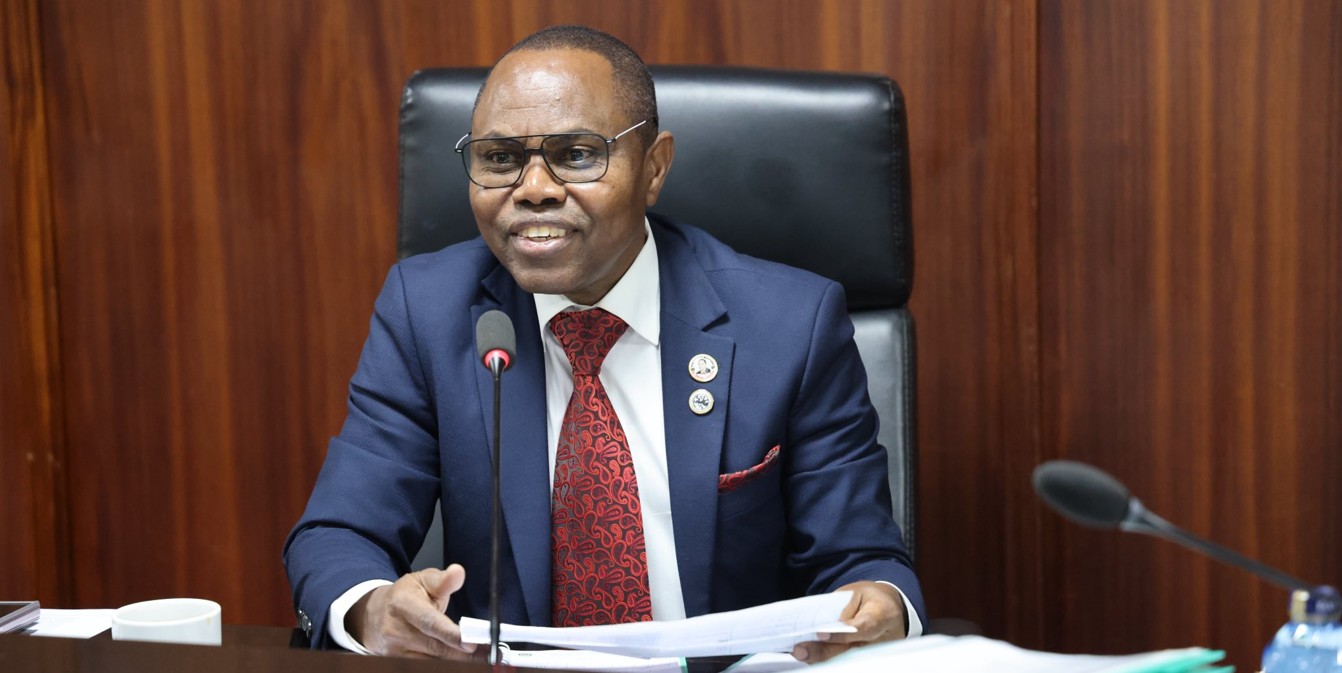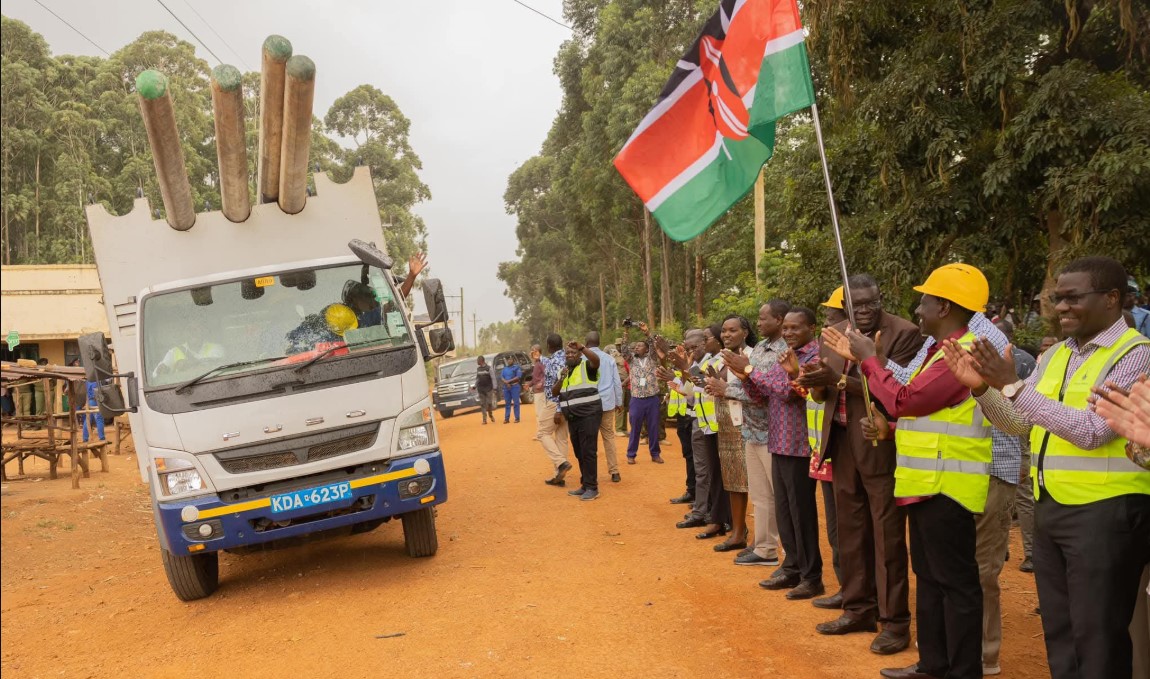Elephants kill herder in Kitui as cases of human-wildlife conflict rise
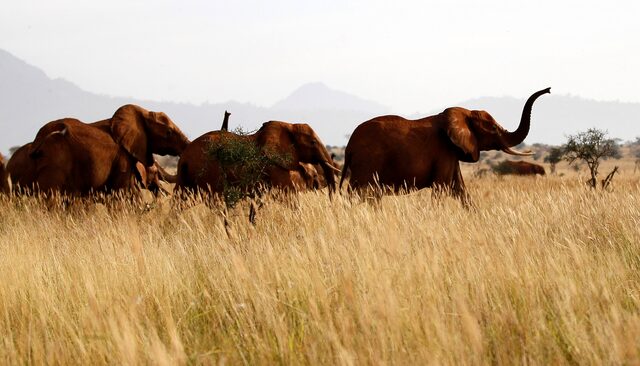
Residents of Kyuso and surrounding areas say cases of wild animals invading farmlands and settlements have become increasingly common.
A herder was killed after he was attacked by a group of elephants in Mataka village, Kyuso, Kitui County, in yet another deadly case of human-wildlife conflict in the region.
Authorities confirmed that the incident took place on July 26, when four elephants were spotted roaming through the village before turning on Ngei Kalungui, a 61-year-old man who was herding cattle on his land. Witnesses said the elephants trampled him to death.
More To Read
- Cabinet approves Amboseli park handover to Kajiado County in landmark conservation shift
- Livestock and lions make uneasy neighbours: How a fence upgrade helped protect domestic and wild animals in Tanzania
- KWS officers and missing Naivasha fisherman shared location, court told
- Four arrested for poaching Dik-diks in Wajir using blinding torch tactic
- Proposed park fee hike may slash Kenya’s domestic tourism by 600,000 visitors, ministry warns
- Senate launches probe into disappearances of Nakuru fishermen
Kenya Wildlife Service (KWS) officers based in Mwingi were alerted and responded by attempting to push the elephants back into the nearby park. Police moved the body to the mortuary as investigations and postmortem preparations got underway.
Residents of Kyuso and surrounding areas say cases of wild animals invading farmlands and settlements have become increasingly common. The rising tension has been attributed to climate change, habitat destruction, and prolonged drought that continues to push both people and wildlife into direct conflict over space and resources.
KWS has intensified efforts to manage the growing threat through fencing and patrols. However, locals remain on edge, especially herders, who are still recovering from massive losses caused by severe droughts that decimated livestock across the East African region.
“There is a need for communities and wildlife to coexist, but that can only happen if there are deliberate policies to protect both,” wildlife officials said.
The government has in place a compensation programme meant to cushion families and livestock owners affected by such incidents. President William Ruto recently launched an enhanced compensation plan to fast-track payouts and reduce bureaucracy in the process.
Ruto revealed that compensation claims between 2014 and 2023 amounted to Sh7 billion. Out of that, Sh4 billion has already been paid, while the remaining Sh3 billion is still being processed.
He said victims of wildlife-related injuries will be compensated up to a maximum of Sh4 million, depending on the level of injury.
Ruto emphasised that the government, in partnership with conservation groups, communities, and the private sector, will continue to support wildlife protection while ensuring the safety of citizens.
Top Stories Today







